- Home›
- Healthy Living›
- 8 Low Sugar Fruits And Veggies For Low Carb Diet
8 Low Sugar Fruits And Veggies For Low Carb Diet
By: Priyanka Maheshwari Sat, 13 Jan 2024 1:58:18
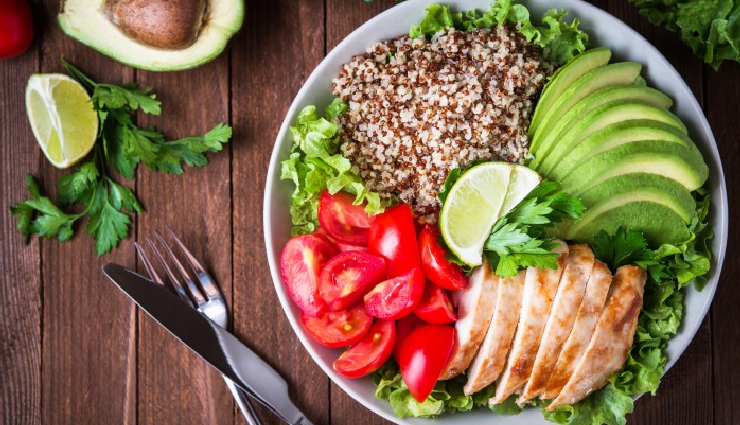
Incorporating vegetables and fruits into your diet is essential for overall health. However, some fruits may contain natural sugars that might not be ideal for certain individuals. This is where the spotlight shines on diabetic-friendly, sugar-free fruits. While all fruits and vegetables contain some natural sugars, our article highlights 15 fruits with low sugar content. These whole foods provide ample fiber, minerals, vitamins, and water to fulfill your nutritional requirements. Continue reading to explore these options and learn how to integrate them into your diet.
It's crucial to be mindful of fruit sugar content, especially for individuals with specific health concerns like diabetes. Although fruits offer a wealth of vitamins, minerals, and dietary fiber, their natural sugars can impact blood sugar levels. This is particularly important for individuals with diabetes or those managing their carbohydrate intake, requiring careful attention to the sugar content in the fruits they choose.
It's worth noting that not all fruits have the same sugar content. Opting for fruits like strawberries and blackberries is an excellent choice, as they are low in sugar while being rich in potassium and antioxidants.
Below, you'll find a list of low-sugar fruits and vegetables suitable for a low-carb diet.
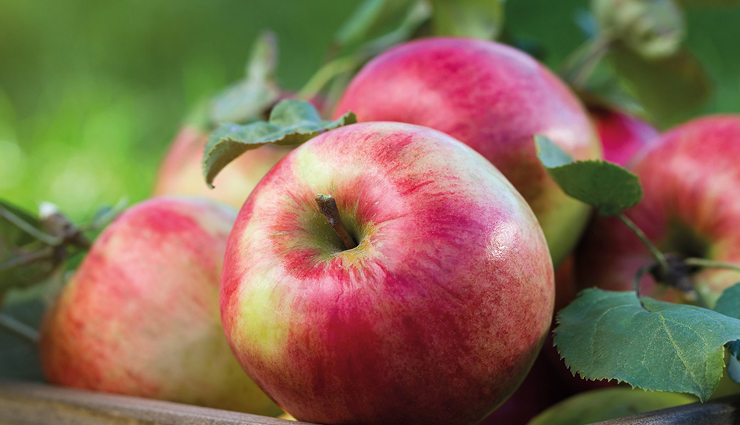
# Apple
Apples boast impressive nutritional value. A medium-sized apple, weighing 182 grams, provides 19 grams of sugar, 25 grams of carbs, and 5 grams of fiber. The phytochemicals present in apples not only contribute to weight management but also make them suitable for diabetes, while promoting better bone, pulmonary, and gastrointestinal health. Enjoy this low-sugar fruit as a wholesome snack or incorporate it into your porridge for a nutritious and healthy breakfast.
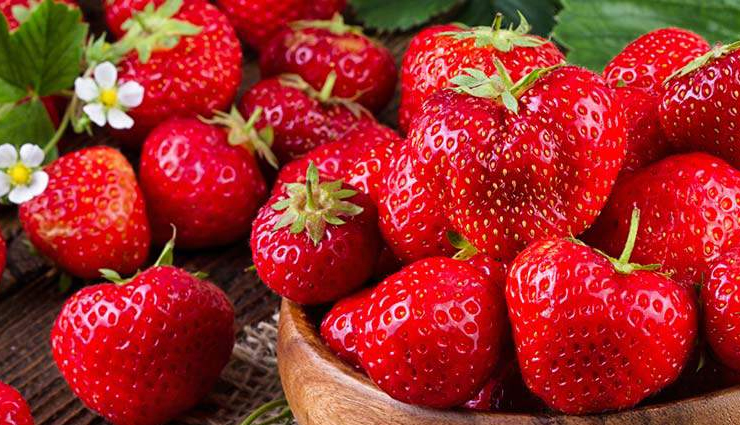
# Strawberries
Similar to other berries, strawberries boast low sugar content and high fiber levels. A one-cup serving of whole strawberries (144 g) contains merely 7 g of sugar and 3 g of fiber. Packed with vitamin C (an antioxidant) and essential minerals such as potassium, calcium, phosphorus, and magnesium, strawberries can be enjoyed in salads, smoothies, as a topping for wheat pancakes, or mixed with oatmeal.
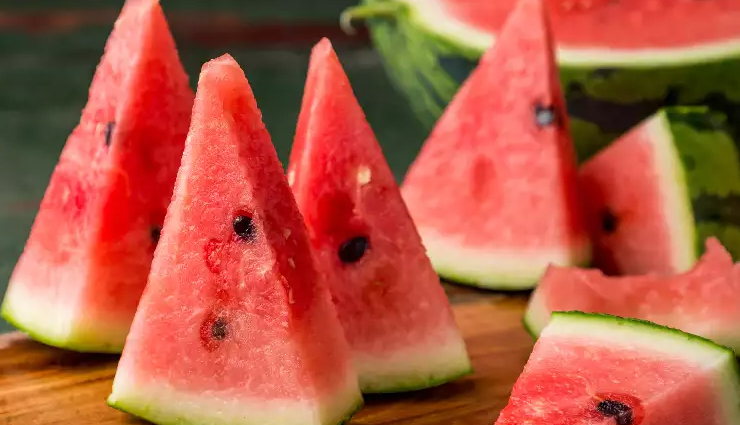
# Watermelon
Abundant in water, dietary fiber, and antioxidants, watermelon is a refreshing choice. One cup of watermelon (154 g) contains just 9.55 g of sugar and an impressive 141 g of water. Rich in vitamin A, vitamin C, lycopene, folate, choline, calcium, magnesium, and phosphorus, watermelon supports weight management by enhancing satiety and reducing BMI and blood pressure.
Note: Despite its high glycemic index, watermelon maintains a low glycemic load due to its minimal carbohydrate content. However, individuals with diabetes should either avoid it or consume watermelon in moderation.
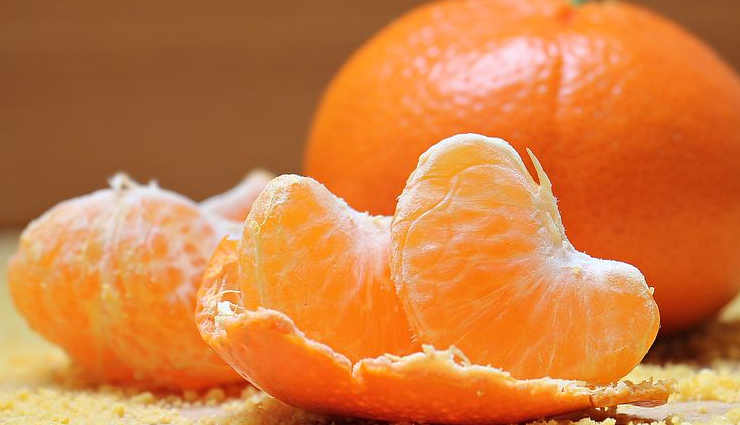
# Orange
A sizable orange (184 g) provides 17 g of sugar, 4.42 g of dietary fiber, and 160 g of water. Similar to other citrus fruits, oranges are abundant in antioxidants, particularly vitamin C. They also offer a rich supply of vitamin A, beta carotene, lutein and zeaxanthin, calcium, folate, magnesium, and potassium. Whether you prefer freshly squeezed orange juice with pulp, enjoying a whole orange, or incorporating it into salads, you can reap the numerous health benefits of oranges.
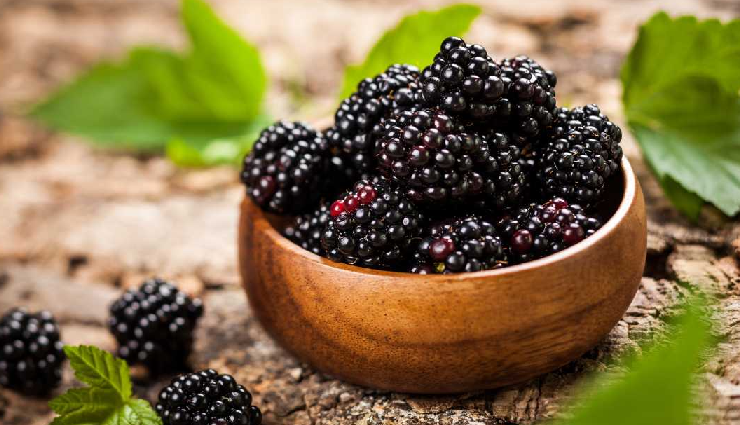
# Blackberries
Blackberries stand out with the lowest sugar content among all berries. A 100 g serving of blackberries contains only 5 g of sugar, 5 g of fiber, and 10 g of total carbohydrates.
Research indicates that blackberries can enhance fat oxidation and improve insulin sensitivity in overweight and obese men, exhibiting anti-diabetic effects. Whether you snack on a cup of blackberries or add them to smoothies or oatmeal, they make for a delicious and health-conscious choice.
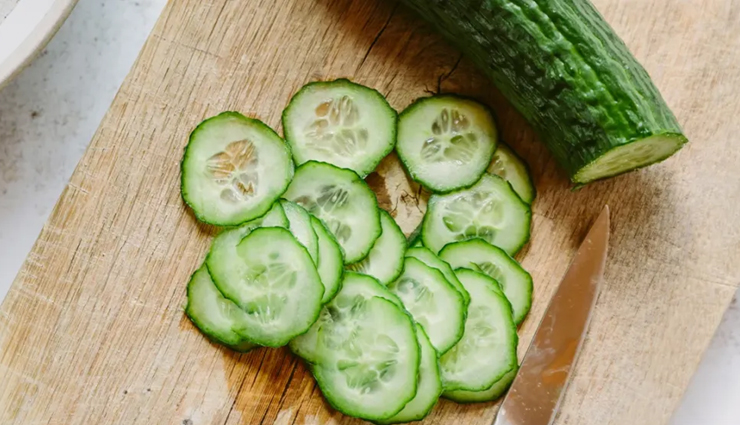
# Cucumber
Cucumber is a revitalizing and nutritious vegetable commonly featured in salads. It boasts an exceptionally low sugar content and a high water content. A 100 g serving of cucumber contains merely 2 g of sugar and a significant 95 g of water. Enhance your salad experience by incorporating cucumber slices, topped with nuts and seeds, for a satisfying, low-sugar dish that will leave you feeling content long after your meal.
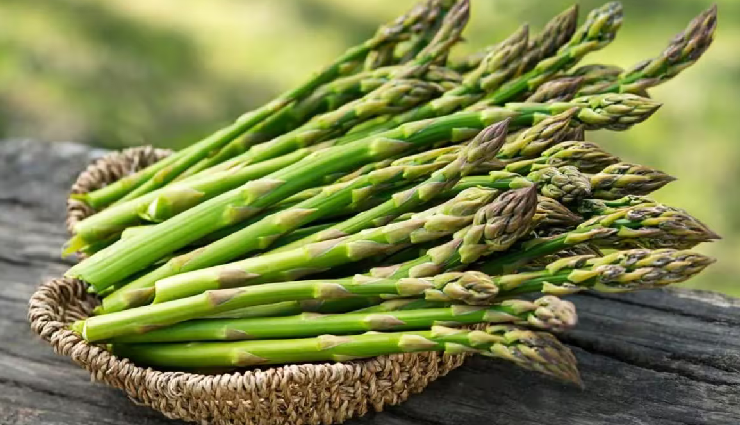
# Asparagus
Asparagus, a spring vegetable, is characterized by its negligible fat content and virtually zero sugar. Rich in various essential nutrients, a 100 g serving of asparagus contains only 2 g of fiber and 2 g of sugar, accompanied by a minimal 0.1 g of fat.
While commonly known for its diuretic properties, asparagus can also contribute to a faster metabolism. Roast asparagus with a touch of olive oil for a delectable side dish, or incorporate it into soups and salads to enhance their nutritional value.
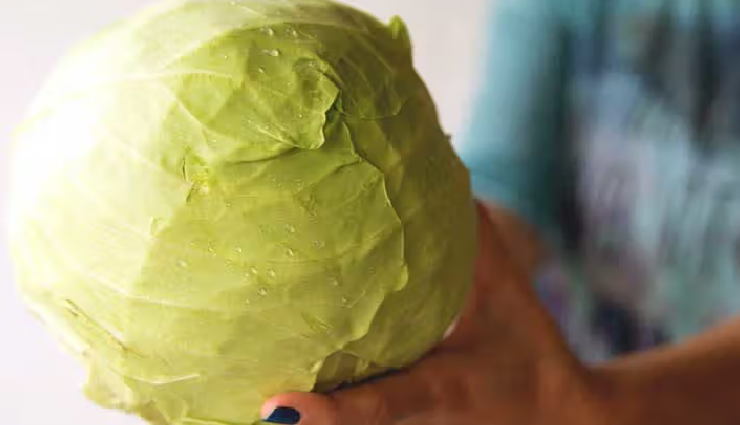
# Iceberg Lettuce
Among the most popular low-calorie and low-sugar vegetables for salads is iceberg lettuce, known for its satiating properties. A 100 g serving of iceberg lettuce offers a substantial 96 g of water, along with 1 g of fiber and a mere 2 g of sugar. Combine iceberg lettuce with other vegetables to create a low-carb salad bowl, or use lettuce leaves as a carb-conscious alternative to wraps in sandwiches.





